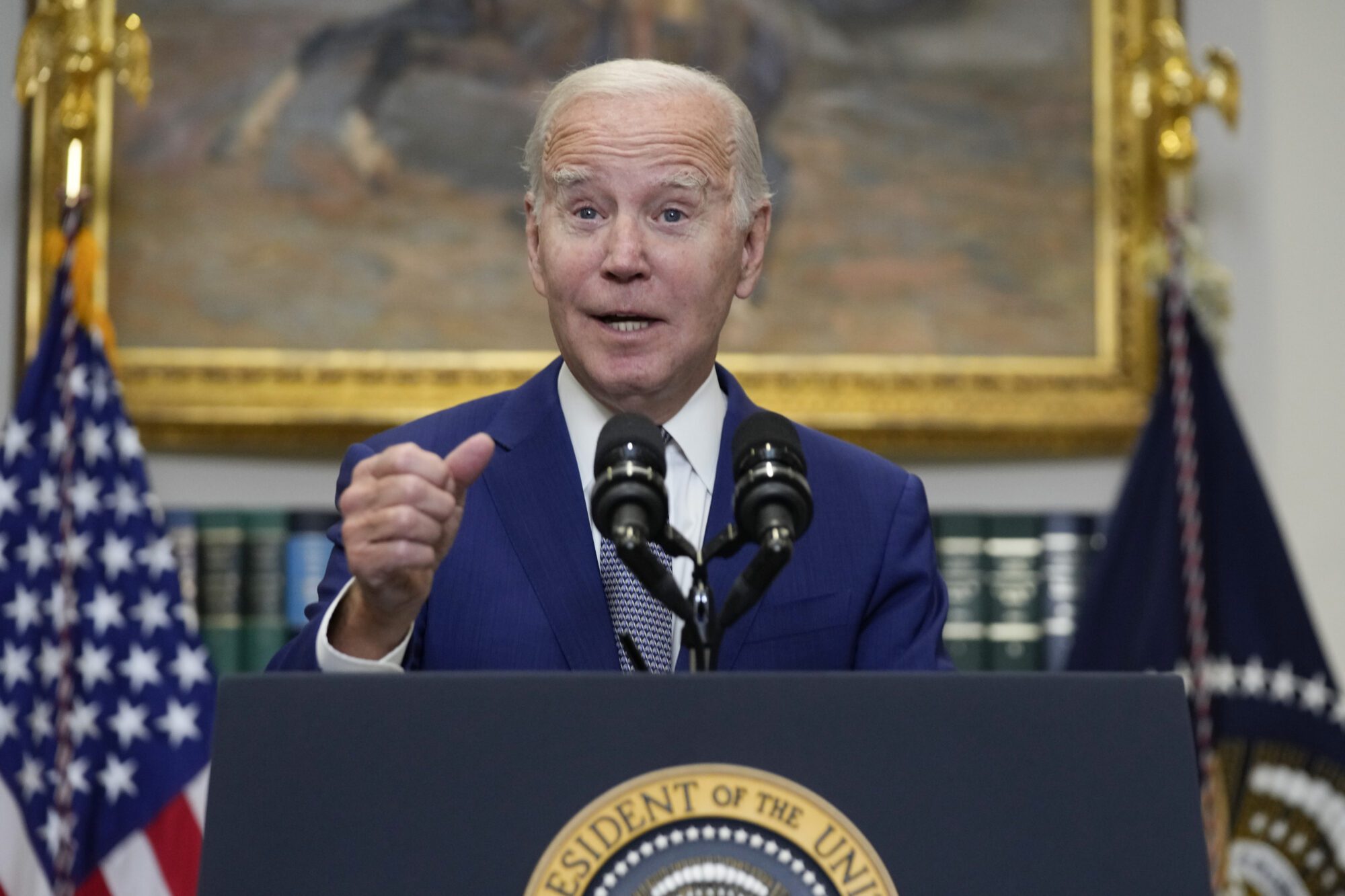RELEASE:
Mississippi House of Representatives Weekly Summary
Week of March 9, 2015
House members faced another major deadline this week as they continued to address Senate bills on the House floor. By Wednesday, House members needed to address all general, nonrevenue bills received from the Senate. If a Senate bill was not taken up and passed by Wednesday, it died on the Calendar. Thursday was the last day for reconsidering Senate bills, and Friday was the deadline for tabling Motions to Reconsider.
On the House floor, members jumped in to tackle a variety of bills.
Senate Bill 2389 (SB2389) is an Article V vehicle to amend the United States Constitution to require Congress to adhere to a constitutional debt limit. The gross national debt is in excess of $18 trillion and is expected to grow by another $7 trillion by 2023. With ultimate enactment of the Balanced Budget Amendment, if Congress decides to raise the debt limit, its members would have to seek the approval of a majority of state legislatures. Three states have currently adopted this legislation. A total of 38 states must adopt this legislation for it to go into effect. After adoption, a Convention of States will convene, where they will then vote up or down on the Amendment. Each state gets one vote.
Opponents worry this effort circumvents the legislative process bestowed to Congress. They believe that by voting for members of the United States Senate and House of Representatives to Washington, D.C., the people are being represented. They also argue that Mississippi heavily depends on federal dollars. Enacting this measure could put those funds at risk. Another concern is that of when emergencies arise. Opponents fear that waiting for 50 states to convene could put our country in peril during such times. The bill passed by a vote of 68-51.
Senate Bill 2407 (SB2407) removes the exemption of public hospitals from open meetings laws. The bill was crafted to provide a level of transparency for these public bodies, while continuing to provide the protections needed to ensure public hospitals are not put in a position of competitive disadvantage relative to private hospitals. An amendment was adopted to remove the exemption of all community hospitals from the Open Meetings Act. Items that must be made public and posted online include, but are not limited to: general financial information, meeting minutes, pension plan information. Some exceptions like employees’ salaries, individual billing collection, applications for privileges, certificate of need (CON) applications and other strategic business decisions are subjects which may be discussed during executive session and not be subjected to open meetings requests. The bill passed by a vote of 109-8.
Senate Bill 2457 (SB2457) creates the Mississippi Works Fund to finance strategic workforce training needs. A total of $50 million would go into this account to support workforce development training needs around the state. The bill passed unanimously.
Senate Bill 2441 (SB2441) establishes “Provider-Sponsored Health Plans.” Enactment of this measure permits the Mississippi Insurance Department to allow hospitals to create health management organizations for the purpose of creating managed care companies. The bill passed by a vote of 104-12.
Members also took up several bills pursuant to education.
Senate Bill 2258 (SB2258) addresses cheating on statewide tests. Enactment of this measure would bestow penalties to those teachers who certify that tests have been performed under certain procedures, when, in fact, they were aware a test had been incorrectly performed. If a teacher acts with willful intentions, they could face fines ranging from $25,000 to up to three years in jail. Opponents believe this punishment is excessive and maintain that firing or revoking a teacher’s license should suffice. The bill passed by a vote of 65-53.
Senate Bill 2695 (SB2695), the “Special Needs Bill,” passed the House by a vote of 65-51 after a lengthy debate. SB2695 establishes a pilot program giving the parents of children with special needs the ability to withdraw their children from public schools. They would be allotted up to $6,500 to go toward school tuition, tutoring and other educational expenses. An amendment was added that would require parents to submit the bills incurred for these expenses to the Mississippi Department of Education (MDE) for approval and reimbursement. Furthermore, any money left in a student’s account upon high school graduation would go back into the General Fund. The program would be limited to 500 students each year. The first 250 slots would be filled on a first come, first served basis. The second 250 spaces would be filled through a lottery.
Senate Bill 2161 (SB2161) creates a 19-member commission to study the parameters of Common Core State Standards. The commission is comprised of 15 experienced educators in the four subject areas, the two House /Senate Education Chairmen and the two House/Senate Appropriations Chairmen. This commission is tasked with the responsibility of determining if the standards are in compliance with the needs of our school children. Upon the conclusion of the study (six months), the commission will present their findings to the State Board of Education (SBE), which will be required to adopt 75 percent of the recommendations.
Senate Bill 2300 (SB2300) provides the technical language to clarify the flow of funding from local school districts to charter schools. An amendment was added to include the House’s earlier efforts to provide assistant teachers a pay raise of $2,500. The bill passed by a vote of 98-18.
Ways and Means committee members passed out two tax credit bills late in the week.
Senate Bill 2839 (SB2839) is the phase out of the franchise tax over a 10-year period. Should this legislation pass, the cost to the General Fund would be approximately $25 million per year. An amendment was adopted to add in a three percent growth trigger like the one in the House version of the income tax elimination bill.
Senate Bill 2840 (SB2840) provides a job tax credit for supermarkets in economically distressed communities and sales tax exemption for materials. This incentive will allow for a job tax credit of 10 percent of payroll if a supermarket goes into a depressed area. They cannot use more than 50 percent of their taxpayer state income tax liability, and the amount cannot exceed $4 million statewide. Municipalities must apply with the Department of Revenue to qualify. Some members are concerned that population is not addressed in the bill in its current form. They are also afraid of big-box stores taking advantage of the tax credits and threatening smaller, locally-owned stores.
3/12/15







